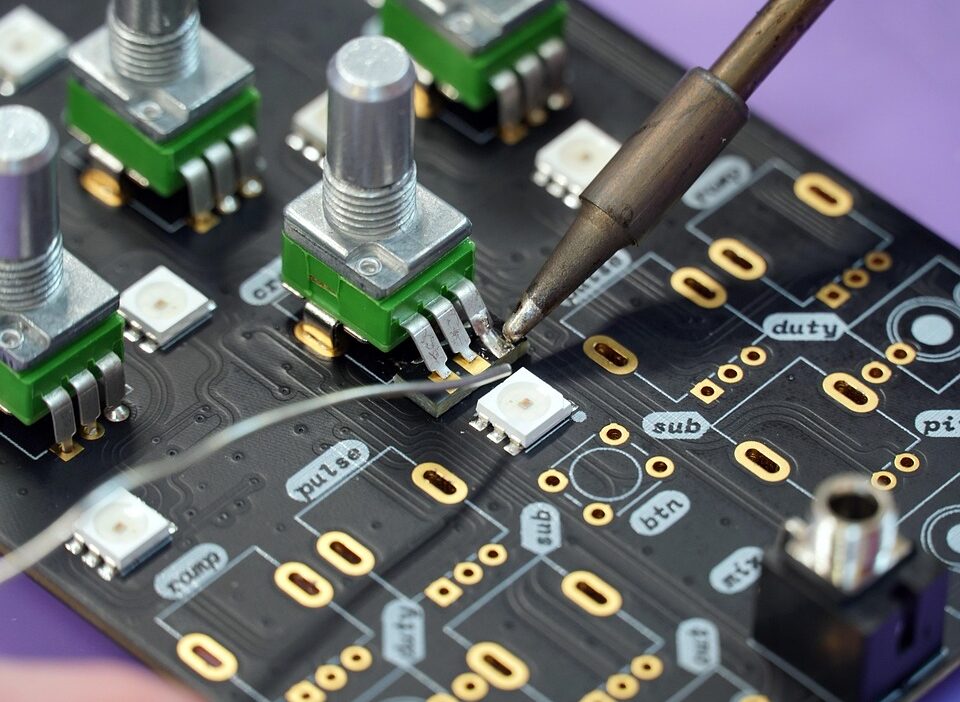In the ever-evolving world of technology, choosing the right hardware for your needs can be a daunting task—especially when you’re faced with options that cater to vastly different environments and use cases. Two primary categories often pitted against each other are rugged hardware and consumer hardware. Each has its own set of advantages and limitations, making it essential to assess your individual needs before making a decision. This article will explore the key differences between rugged and consumer hardware and help you determine which is the best fit for you.
Understanding Rugged Hardware
Rugged hardware refers to devices specifically designed to withstand harsh conditions and extreme environments. These devices are often used in industries such as construction, military, and outdoor activities, where exposure to moisture, dust, high impact, extreme temperatures, and other demanding conditions is common.
Advantages of Rugged Hardware
-
Durability: Built with tough materials and protective features, rugged devices can withstand drops, shocks, and extreme temperatures, making them ideal for outdoor professionals or industrial applications.
-
Longer Lifespan: Rugged hardware is designed for longevity, often outlasting consumer devices by several years. This is particularly advantageous in industries where equipment failure can lead to costly downtime.
-
Enhanced Performance: Many rugged devices come with powerful components and extended battery life, ensuring reliability in critical situations.
- Certifications: Rugged hardware typically meets military standards (MIL-STD) and is often IP-rated for water and dust resistance, assuring users of its robustness.
Limitations of Rugged Hardware
-
Cost: Due to their specialized design and durability features, rugged devices often carry a higher price tag than consumer counterparts.
-
Weight and Size: Rugged devices can be bulkier, making them less convenient for everyday, casual use.
- Limited Aesthetics: The design of rugged hardware is usually more functional than fashionable, which may not appeal to all users.
Exploring Consumer Hardware
Consumer hardware, on the other hand, is designed for everyday use by the general public. These devices aim to balance performance, aesthetic appeal, and affordability. They are commonly used for personal computing, gaming, entertainment, and light business applications.
Advantages of Consumer Hardware
-
Affordability: Typically, consumer devices are more budget-friendly, offering a better price-to-performance ratio for general use.
-
Variety of Choices: The consumer market is saturated with a wide range of options, allowing users to select devices that fit their personal preferences in design and functionality.
-
Lightweight and Portable: Consumer devices are often more compact and lighter, making them more convenient for everyday carry.
- Aesthetic Appeal: With a focus on consumer preferences, these devices often come with modern designs and customizable features.
Limitations of Consumer Hardware
-
Fragility: Consumer hardware is usually not built to withstand extreme conditions, making it less suitable for outdoor or industrial use.
-
Shorter Lifespan: Many consumer devices have a shorter operational lifespan, often requiring replacements more frequently.
- Limited Performance under Strain: Consumer hardware may struggle in high-stress scenarios, such as heavy multitasking or intensive applications.
Assessing Your Needs
When deciding between rugged and consumer hardware, consider the following factors:
-
Environment: If you work in or frequent harsh conditions—like construction sites, military operations, or outdoor adventures—rugged hardware is a must. For general office work or home use, consumer hardware should suffice.
-
Budget: Determine how much you are willing to invest. If you need a durable device for demanding tasks, the upfront cost of rugged hardware may be justified.
-
Usage: Consider your typical daily use. For regular activities like browsing, document edits, or gaming, consumer hardware is likely adequate. If your tasks demand high reliability and extended uptime, rugged devices may be necessary.
-
Longevity: If you plan to keep your hardware for several years and expect your work conditions to remain challenging, rugged hardware offers a longer lifespan.
- Aesthetic Preference: If style and design are essential to you, consumer devices typically offer more flexibility in this regard.
Conclusion
The choice between rugged and consumer hardware ultimately depends on your specific requirements and usage scenarios. While rugged devices are built to endure and perform under extreme conditions, consumer hardware shines in affordability, aesthetics, and everyday functionality. Evaluating your priorities will empower you to make an informed decision and choose the hardware that best fits your lifestyle, work demands, and budget constraints.



